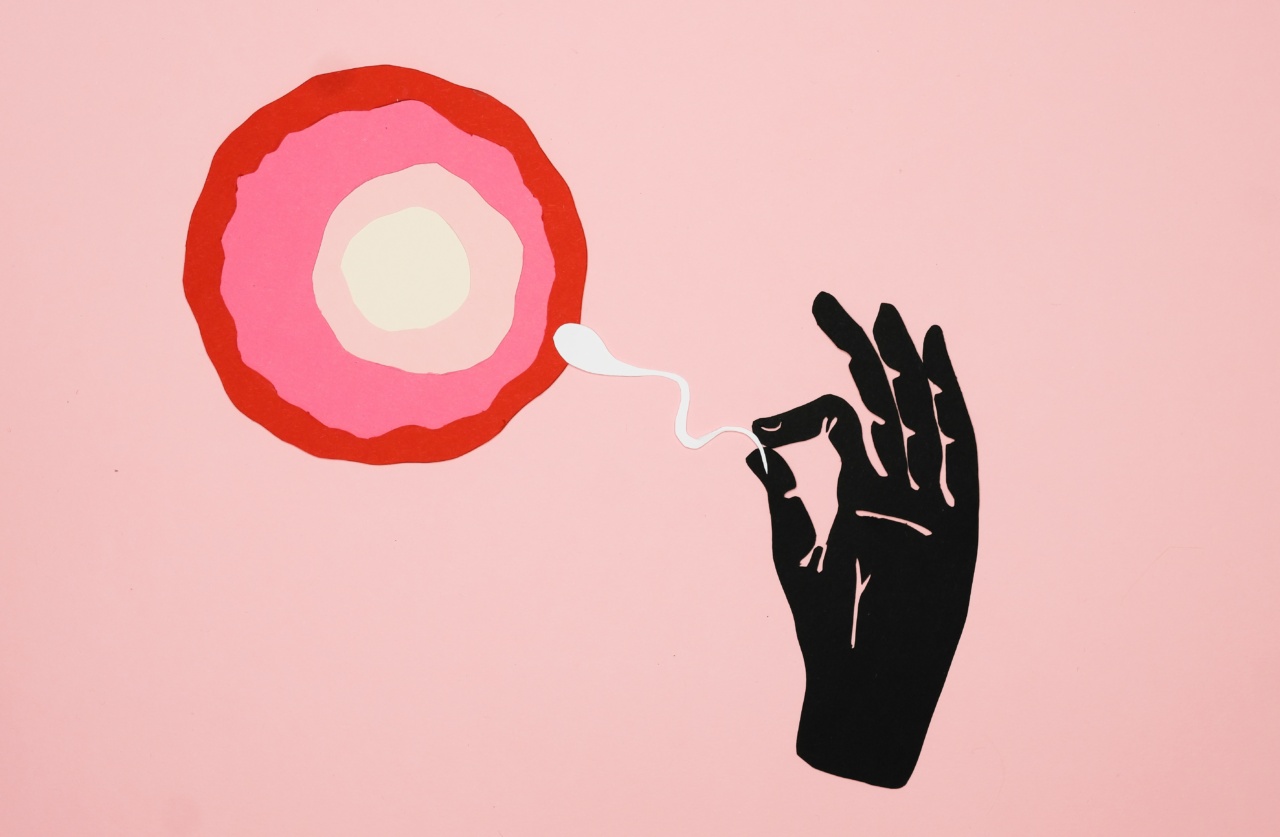Endometriosis is a condition where the tissue that normally lines the inside of the uterus starts to grow outside, causing pain, inflammation, and sometimes infertility.
While infertility is often the focus of discussion when it comes to endometriosis, there are many other aspects of the condition that can affect a person’s overall health and wellbeing.
What is Endometriosis?
Endometriosis is a chronic condition that affects approximately 10% of women of reproductive age.
The tissue that lines the uterus, known as the endometrium, grows outside of the uterus in areas such as the ovaries, fallopian tubes, or even the bowels or bladder. This tissue responds to hormonal changes in the same way that the endometrium inside the uterus does, which means that it thickens, breaks down, and bleeds during each menstrual cycle.
This can cause scarring, pain, inflammation, and in some cases, infertility.
Symptoms of Endometriosis
The symptoms of endometriosis can vary greatly from person to person, and in some cases, there may be no symptoms at all. However, some common symptoms of endometriosis include:.
- Painful periods
- Chronic pelvic pain
- Pain during intercourse
- Heavy or irregular periods
- Infertility or difficulty getting pregnant
- Bowel or bladder issues during menstruation, such as pain, constipation, or diarrhea
Some people with endometriosis may also experience fatigue, nausea, or depression as a result of the condition.
Diagnosing Endometriosis
Diagnosing endometriosis can be challenging, as the symptoms can be similar to those of other conditions such as ovarian cysts or irritable bowel syndrome.
If you’re experiencing symptoms of endometriosis, your doctor may perform a physical exam, pelvic exam, or ultrasound to check for the presence of endometrial tissue outside of the uterus. In some cases, a laparoscopy may be necessary to confirm the diagnosis.
Treatment for Endometriosis
Endometriosis cannot be cured, but there are a variety of treatments available to help manage symptoms and improve overall quality of life. Some common treatment options for endometriosis include:.
- Pain medications such as ibuprofen or naproxen
- Hormonal therapies such as birth control or progesterone to help regulate menstrual cycles and reduce inflammation
- Surgical procedures to remove endometrial tissue or adhesions
In some cases, a combination of these treatments may be necessary to effectively manage symptoms.
Endometriosis and Infertility
One of the most well-known complications of endometriosis is infertility.
Endometrial tissue growth in the ovaries or fallopian tubes can cause scarring and blockages that make it difficult for eggs to be fertilized or for the fertilized egg to implant in the uterus. Additionally, inflammation caused by endometriosis can affect the quality of eggs and sperm, making it more difficult for a viable pregnancy to occur.
However, it’s important to note that not everyone with endometriosis will experience infertility. In fact, up to 70% of people with endometriosis are able to conceive without difficulty.
For those who do experience infertility, there are a variety of assisted reproductive technologies (ART) available, such as in vitro fertilization (IVF), that can help to overcome some of the barriers caused by endometriosis.
Other Complications of Endometriosis
While infertility is a commonly-discussed complication of endometriosis, there are many other ways in which this condition can affect a person’s health and wellbeing. Some other complications of endometriosis may include:.
- Chronic pain: Endometriosis can cause persistent, debilitating pain that can interfere with daily activities and quality of life.
- Gastrointestinal problems: Endometrial tissue growth in the bowels or bladder can cause painful bowel movements or urination.
- Adhesions: Endometrial tissue can cause scar tissue to form in the pelvic area, which can cause organs to stick together and lead to pain or other complications.
- Endometriomas: These are cysts that form when endometrial tissue grows on the ovaries.
Coping with Endometriosis
Endometriosis can be a challenging condition to live with, and it’s important to take care of both your physical and mental health when managing the condition. Some strategies for coping with endometriosis may include:.
- Getting enough rest and managing stress levels
- Eating a healthy, balanced diet
- Exercising regularly
- Connecting with others who have endometriosis for support and advice
- Talking to a mental health professional about managing stress, anxiety, or depression related to the condition
Conclusion
Endometriosis is a complex condition that can affect a person’s physical and mental health in a variety of ways.
While infertility is a commonly-discussed complication of endometriosis, it’s important to recognize that there are other aspects of the condition that can have a significant impact on a person’s life. Managing endometriosis involves a combination of medical treatments, coping strategies, and emotional support to help individuals live their best lives despite the challenges of the condition.






























